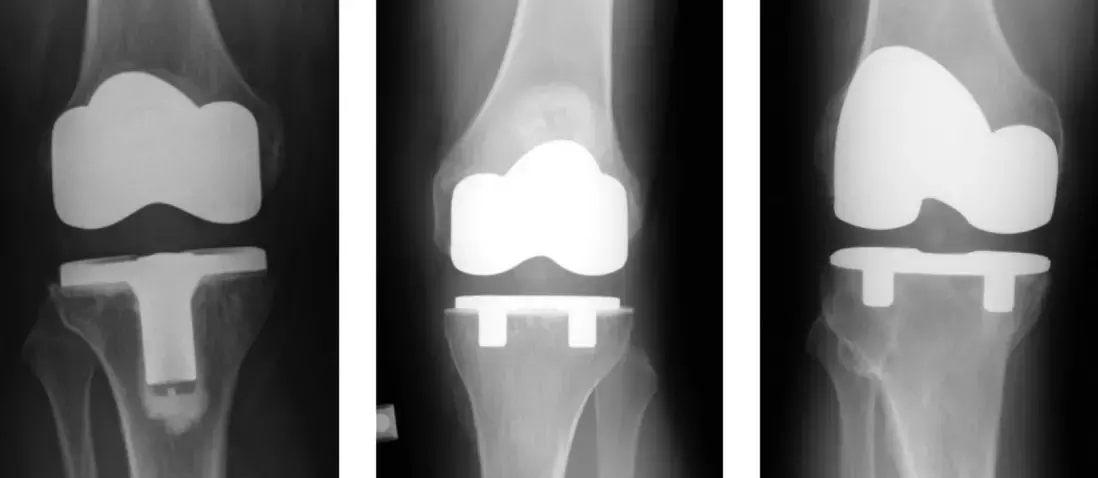- Home
- Medical news & Guidelines
- Anesthesiology
- Cardiology and CTVS
- Critical Care
- Dentistry
- Dermatology
- Diabetes and Endocrinology
- ENT
- Gastroenterology
- Medicine
- Nephrology
- Neurology
- Obstretics-Gynaecology
- Oncology
- Ophthalmology
- Orthopaedics
- Pediatrics-Neonatology
- Psychiatry
- Pulmonology
- Radiology
- Surgery
- Urology
- Laboratory Medicine
- Diet
- Nursing
- Paramedical
- Physiotherapy
- Health news
- Fact Check
- Bone Health Fact Check
- Brain Health Fact Check
- Cancer Related Fact Check
- Child Care Fact Check
- Dental and oral health fact check
- Diabetes and metabolic health fact check
- Diet and Nutrition Fact Check
- Eye and ENT Care Fact Check
- Fitness fact check
- Gut health fact check
- Heart health fact check
- Kidney health fact check
- Medical education fact check
- Men's health fact check
- Respiratory fact check
- Skin and hair care fact check
- Vaccine and Immunization fact check
- Women's health fact check
- AYUSH
- State News
- Andaman and Nicobar Islands
- Andhra Pradesh
- Arunachal Pradesh
- Assam
- Bihar
- Chandigarh
- Chattisgarh
- Dadra and Nagar Haveli
- Daman and Diu
- Delhi
- Goa
- Gujarat
- Haryana
- Himachal Pradesh
- Jammu & Kashmir
- Jharkhand
- Karnataka
- Kerala
- Ladakh
- Lakshadweep
- Madhya Pradesh
- Maharashtra
- Manipur
- Meghalaya
- Mizoram
- Nagaland
- Odisha
- Puducherry
- Punjab
- Rajasthan
- Sikkim
- Tamil Nadu
- Telangana
- Tripura
- Uttar Pradesh
- Uttrakhand
- West Bengal
- Medical Education
- Industry
Cementless tibial components have excellent implant survivorship with no cases of aseptic tibial loosening at 10 years follow up

The popularity of cementless total knee arthroplasty (TKA) is on the rise because of innovations in implant designs and surgical technique as well as the fact that greater than 50% of TKAs are performed in patients less than age 65 years. The 2021 American Joint Replacement Registry report indicates that 14% of all primary TKAs are cementless.
E. Gibon et al. conducted Randimized Control Trial with three arms at ‘Department of Orthopedic Surgery, Mayo Clinic, Rochester, Minnesota’ after approval from institutional review board and with specific written informed consent. This study has been awarded ‘John N. Insall Award’ at the 2023 Knee Society Awards.
389 primary TKAs were randomized: traditional modular cemented tibia (135); hybrid (cemented baseplate with uncemented pegs) monoblock tibia (128); and cementless monoblock tibia (126).
The inclusion criteria included patients aged 20 to 85 years, who underwent unilateral TKA for end-stage knee disease secondary to degenerative or post-traumatic arthritis. The exclusion criteria included patients younger than 20 years or older than 85 years, severe deformity with greater than 20º of varus, valgus, or fixed flexion deformity, history of infection, major musculoskeletal or neurological disorders, or disease that may adversely affect normal gait or weight-bearing, metastatic disease, any congenital, developmental, or other bone disease or previous knee surgery that may interfere with total knee success (eg, Paget’s disease, Charcot’s disease), severe osteoporosis or previous high tibial osteotomy, presence of previous prosthetic knee arthroplasty device, arthrodesis of the affected knee, and/or patients not undergoing patella resurfacing.
Implant survivorships, radiographs, and clinical outcomes were analyzed.
Key findings of the study were:
• Mean age at TKA was 68 years (range, 41 to 85), 46% were male, and mean body mass index was 32 (range, 21 to 59).
• The mean follow-up was 10 years.
• The 10-year survivorship free of any revision was similar between the hybrid monoblock and cementless monoblock groups at 96%, but lower (89%) for the traditional modular cemented tibia (P = .05).
• The traditional modular cemented tibia group had significantly more revisions for aseptic tibial loosening than the other 2 groups (7 versus 0%) at 10 years (P = .003).
• The traditional modular cemented tibia group had significantly more nonprogressive radiolucent lines than the hybrid and cementless monoblock groups (24, 12, and 9%, respectively).
• Clinical outcomes were similar and excellent between all 3 groups.
The authors concluded that - ‘Cementless and hybrid monoblock tibial components have excellent implant survivorship (96%) with no cases of aseptic tibial loosening to date. The traditional cemented modular tibial group had a 7% cumulative incidence of aseptic loosening at 10 years.’
Level of Evidence: Level I, Prospective Randomized Control Trial.
Further reading:
John N. Insall Award: Randomized Clinical Trial of Cementless Versus Cemented Tibial Components: Durable and Reliable at a Mean 10-Years Follow-Up
E. Gibon et al.
The Journal of Arthroplasty 38 (2023) S14-S20
https://doi.org/10.1016/j.arth.2023.03.015
MBBS, Dip. Ortho, DNB ortho, MNAMS
Dr Supreeth D R (MBBS, Dip. Ortho, DNB ortho, MNAMS) is a practicing orthopedician with interest in medical research and publishing articles. He completed MBBS from mysore medical college, dip ortho from Trivandrum medical college and sec. DNB from Manipal Hospital, Bengaluru. He has expirence of 7years in the field of orthopedics. He has presented scientific papers & posters in various state, national and international conferences. His interest in writing articles lead the way to join medical dialogues. He can be contacted at editorial@medicaldialogues.in.
Dr Kamal Kant Kohli-MBBS, DTCD- a chest specialist with more than 30 years of practice and a flair for writing clinical articles, Dr Kamal Kant Kohli joined Medical Dialogues as a Chief Editor of Medical News. Besides writing articles, as an editor, he proofreads and verifies all the medical content published on Medical Dialogues including those coming from journals, studies,medical conferences,guidelines etc. Email: drkohli@medicaldialogues.in. Contact no. 011-43720751


